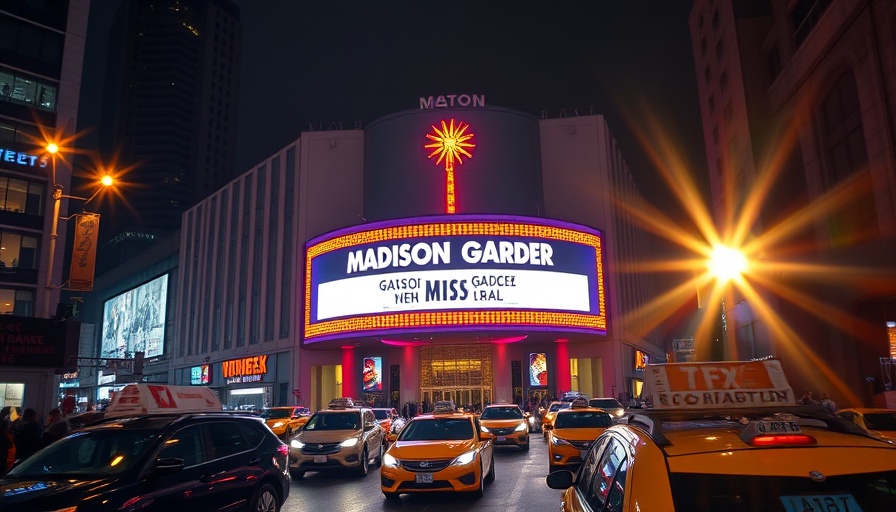
The T-Shirt Controversy: A Deep Dive into Madison Square Garden's Decision
In a somewhat contentious move, Madison Square Garden (MSG) has announced a ban on a local T-shirt designer, over his 'Ban Dolan' shirt. This ban has sparked conversations about freedom of expression, particularly in the realm of public venues and private property rights. What messages are being sent when an establishment that hosts major cultural and political events dismisses a designer for expressing political dissent?
Historical Context and Background
Understanding the decision made by MSG requires a look back at the historical context surrounding political expression in public venues. The First Amendment provides Americans the right to express themselves, yet this right often collides with the policies of private institutions. Over the years, there have been several high-profile instances where sporting venues and concert halls found themselves in the crosshairs between expression and propriety. This incident echoes similar occurrences, where entities have sought to manage their public image by regulating political messaging within their walls.
The Cultural Impact of Merchandise
Merchandise such as T-shirts can serve as powerful cultural symbols. Designed to convey ideas and rally support, they leverage fashion as a form of activism. In this instance, the 'Ban Dolan' shirt, advocating for the removal of James Dolan as the head of Madison Square Garden, reflects deep-seated frustrations among fans. This episode asks long-term questions about how society perceives the role of democratic expression in popular culture.
Counterarguments and Diverse Perspectives
While many may support the designer's freedom to express discontent, others argue MSG's actions are justified. MSG, as a private organization, holds the right to maintain its brand and protect its employees from ongoing scrutiny. This raises pertinent questions: At what cost do we protect a brand? Is the preservation of corporate image worth stifling dissent?
Relevance to Current Events
The discussion surrounding the ban also brings to light broader socio-political themes relevant to current events. With the upcoming US elections, tensions around expression are peaking as citizens exercise their rights from grassroots movements to corporate communications. The act of wearing politically charged apparel has the power to influence voter turnout and engage the public in critical issues. As such, the response from corporations like MSG may have implications beyond a simple fashion faux pas.
What This Means for the Future of Expression
As we navigate through various socio-political arenas, events like this one underscore the balance between corporate governance and civic engagement. It invites ongoing debate regarding the boundaries of self-expression in commercial spaces. With such tensions growing, observers may ask—how will future organizations balance the interests of their brand with the rights of their audience?
The Role of the Audience in Governance
This controversy also reflects a wider national sentiment—the need for transparency and accountability in institutions. In an era defined by polarization, individuals increasingly rely on multiple channels, both digital and physical, to voice opinions. Merchandise culture serves as an essential medium for such expressions, fostering a sense of community among consumers. The messaging and imagery of t-shirts can spark conversations that resonate beyond retail, influencing public discourse on issues like political accountability.
In conclusion, the ban of the 'Ban Dolan' T-shirt designer is not just about fabric and ink; it's about what those elements represent in today's political climate. As the line between art, politics, and commerce continues to blur, we must consider how these choices reflect larger societal values and our collective commitment to freedom of expression.
 Add Row
Add Row  Add
Add 


Write A Comment